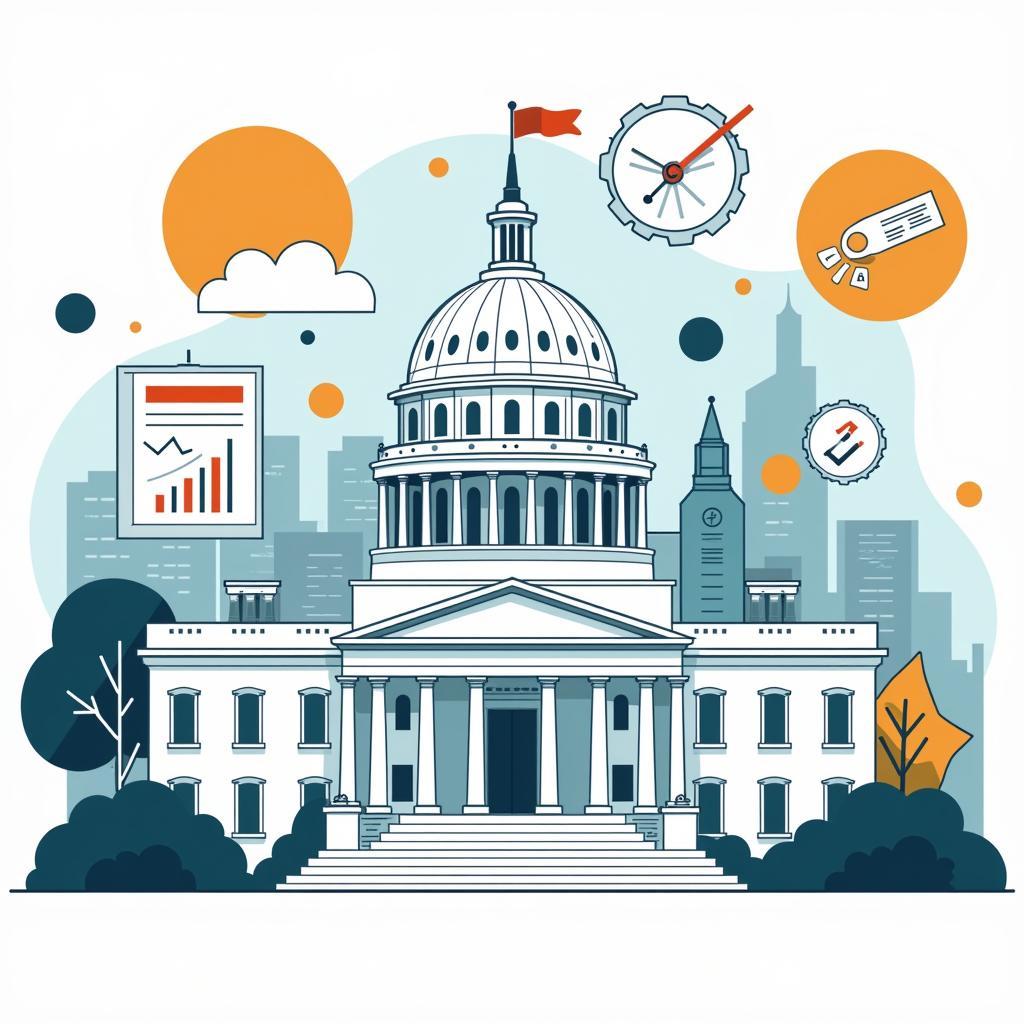The topic of government intervention during financial crises has been a recurring theme in IELTS Writing Task 2, appearing approximately 3-4 times annually over the past decade. Understanding role of central banks today and their policies is crucial for IELTS candidates, as this subject frequently appears in various forms.

Recent IELTS Question Analysis
Some people believe that governments should intervene extensively during financial crises, while others argue for minimal intervention. Discuss both views and give your opinion.
Question Breakdown
- Topic: Government intervention in financial crises
- Task: Discussion + Opinion
- Key aspects to cover: Economic stability, market forces, government policies
- Word count requirement: 250-300 words
Sample Essay 1 (Band 8.0)
The debate over government involvement during financial downturns remains contentious, with valid arguments on both sides. While I believe that measured government intervention is necessary, it’s crucial to examine both perspectives.
Those advocating for extensive government intervention present compelling arguments. Primarily, governments possess the resources and authority to implement widespread relief measures, as demonstrated during the 2008 financial crisis when many nations’ how trade deficits impact financial markets were severely affected. Through stimulus packages, bailouts, and regulatory adjustments, governments can prevent economic collapse and protect vulnerable citizens. Moreover, government intervention can restore market confidence and prevent panic-driven behavior.
However, proponents of minimal intervention raise important counterpoints. They argue that excessive government involvement can create moral hazard, encouraging risky business practices under the assumption of government rescue. Furthermore, market forces should naturally correct imbalances, allowing efficient resource allocation. This view suggests that should financial markets be more strictly regulated is less important than allowing natural market corrections.
In my opinion, moderate government intervention is optimal. While markets should generally operate freely, financial crises can trigger devastating chain reactions that markets alone cannot address. The key lies in implementing targeted interventions that address critical systemic risks while maintaining market discipline. Governments should focus on maintaining financial stability through prudent regulation and selective support measures, rather than complete market control.
To conclude, while both perspectives offer valuable insights, balanced government intervention remains crucial for managing financial crises effectively. The challenge lies in finding the right equilibrium between market freedom and necessary oversight.
Sample Essay 2 (Band 6.5)
Many people have different opinions about how much governments should help during money problems. This essay will look at both sides and share my thoughts.
Some people think governments should help a lot when there are financial problems. First, governments have lots of money and power to help people and businesses. For example, they can give money to banks and companies that are having problems. Also, when governments help, people feel more safe about their money and jobs.
On the other hand, some people think governments should not help too much. They say that if governments always help, companies might take too many risks because they think the government will save them. Also, they believe the market can fix itself if we give it time. Understanding importance of managing debts during economic downturns is important for this view.
I think governments should help sometimes, but not too much. When there are big problems that can hurt many people, governments should step in to help. However, they should not control everything. It’s better to let businesses solve small problems by themselves.
In conclusion, while both sides have good points, I believe governments should help in a balanced way during financial problems. This helps keep the economy stable while letting markets work normally most of the time.
Analysis of Band Scores
Band 8.0 Essay Features:
- Sophisticated vocabulary and complex structures
- Clear organization and coherent arguments
- Well-developed ideas with specific examples
- Effective use of academic language
- Natural paragraph transitions
Band 6.5 Essay Features:
- Simple but clear vocabulary
- Basic argument structure
- Some development of ideas
- Occasional errors in grammar
- Limited use of complex sentences
Key Vocabulary
- Fiscal policy (n.) /ˈfɪskəl ˈpɒləsi/ – Government spending and taxation policies
- Monetary intervention (n.) /ˈmʌnɪtəri ɪntəˈvɛnʃən/ – Central bank actions affecting money supply
- Economic stimulus (n.) /ˌekəˈnɒmɪk ˈstɪmjʊləs/ – Government measures to boost economic activity
- Market volatility (n.) /ˈmɑːkɪt ˌvɒləˈtɪləti/ – Rapid price changes in financial markets
- Regulatory framework (n.) /ˌrɛgjʊˈleɪtəri ˈfreɪmwɜːk/ – System of rules governing financial activities
For additional practice, consider writing about role of financial literacy in personal debt management during economic crises. Share your essays in the comments for community feedback and discussion.